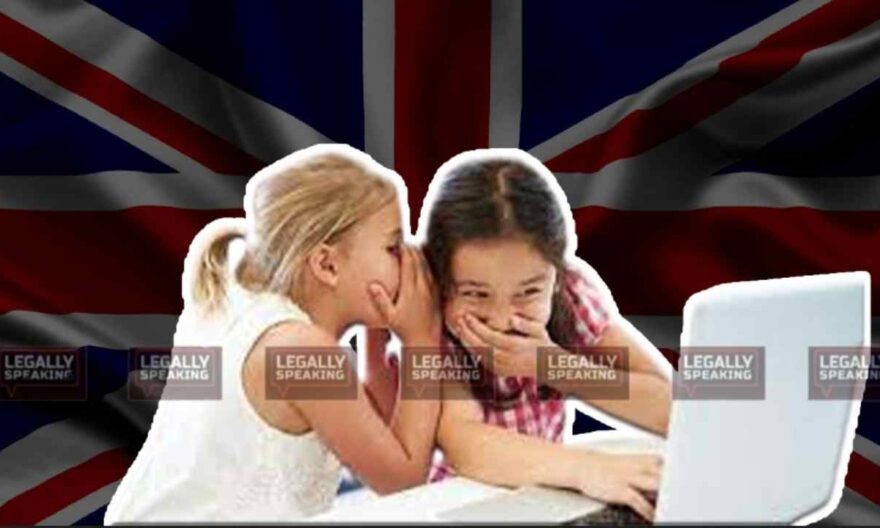
Britain announced recenty that it has strengthened safeguards in its Online Safety Bill, aiming to prevent children from accessing pornography.
This update to the long-delayed legislation is closely monitored by the tech industry.
Following discussions in parliament, the government has introduced amendments that establish stricter criteria for age verification tools employed by platforms that publish or permit pornography.
The aim is to ensure the effectiveness of these tools in verifying whether a user is underage.
Similar to the European Union and other nations, the UK has been grappling with the challenge of protecting social media users, particularly children, from harmful content while preserving freedom of speech.
Additionally, the updated measures will hold top executives personally accountable for ensuring the safety of children on their platforms.
In January, the government agreed to strengthen the bill further, including the possibility of imposing jail time on tech leaders.
According to Paul Scully, the minister for tech and the digital economy, “This government will not allow the lives of our children to be put at stake whenever they go online; whether that is through facing abuse or viewing harmful content that could go on to have a devastating impact on their lives.To prevent any further tragedy and build a better future for our children, we are acting robustly and with urgency to make the Online Safety Bill the global standard for protecting our children.”
The bill includes additional provisions that empower regulators to access information about a child’s social media usage if requested by a coroner. This provision aims to help bereaved families understand any potential influence of online activities in cases of tragic deaths.
Criticism of certain sections of the Online Safety Bill has been raised by the tech industry, including companies like Apple. They express concerns about provisions that could require messaging services to compromise end-to-end encryption for the purpose of scanning for child abuse material.
The bill is currently in the House of Lords, the upper house of parliament, where lawmakers have the opportunity to propose amendments before deciding whether to pass or reject it. The bill is expected to undergo further scrutiny and potential modifications before becoming law, which may take several months.




